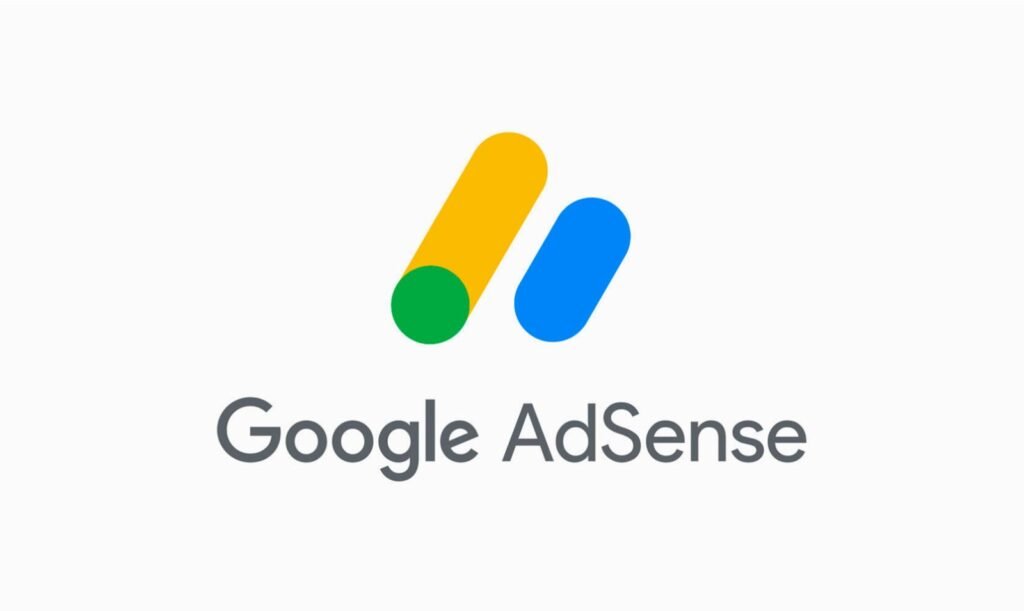How adsense for blogger? Blogging has quickly become one of the most influential forms of expression online for both individuals and companies, sharing opinions as well as knowledge, expertise, products or services with the world. Blogging continues to evolve while offering sustainable ways of making money through content produced. Google AdSense is widely considered to be an efficient method of monetizing material created on a blog; here we explore its operation for bloggers before providing tips to maximize profits through this platform.
Google AdSense for Bloggers AdSense,

Owned and managed by Google, allows webmasters to earn money with targeted advertisements by embedding AdSense units onto their sites – this generates revenues whenever users interact or click any ad units placed there. Bloggers may sign up with AdSense and incorporate AdSense units onto their blogs – collecting revenue-generation whenever someone interacts or clicks one of these ads!
Registration and Approval To become part of Google AdSense,
Bloggers must first open an AdSense account, before submitting their blog for review by Google for approval. Google inspects each post carefully to make sure it conforms with their policies before allowing bloggers access to create ads units through AdSense.
AdSense Ad Unit Creation:

AdSense offers multiple advertising formats, from text ads and display ads to native advertisements that seamlessly blend in with blogs’ layout. Bloggers can select which format best matches their site style and reader preferences; customizable units allow seamless blending into layout of blogs.
Advertising Displays Bloggers who develop advertisements can strategically place them within blog posts, sidebars and headers of their blogs using contextual targeting technology from Google to increase user interaction rates with relevant ads that correspond with what’s found on each website’s content.
Bloggers Can Generate Revenue Via AdSense Bloggers can earn income via AdSense by tracking impressions (views) and clicks to their site; Google then shares advertising revenues proportionately with them; payments typically occur once earnings reach an agreed threshold value.
Strategies to Optimize AdSense Revenue

AdSense may seem easy at first, but to effectively maximize AdSense income requires strategic and detailed planning. Here are a few suggestions from bloggers on how they can boost AdSense income:
Content that engages readers on your site can help bring in visitors, increase traffic and revenue growth and generate additional earnings. Produce material that resonates with your intended target audience to boost both traffic and earnings growth.
Ad Optimizer
Experiment With Different Ad Placement Strategies Begin testing different ad placement options until you identify those which gain maximum interest without hindering user experience. Consider placing them above or in sidebars of blog posts in order to target your ideal customer group.
Utilize Responsive Design For maximum exposure of ads and engagement, it is imperative that your blog be mobile compatible and responsive across devices. With more people accessing material via tablets or smartphones than ever before, responsive design has become essential to blogs’ designs to remain accessible while increasing engagement rates.
AdSense Performance

Keep an Eye on AdSense Performance By keeping tabs on key AdSense performance metrics like click-through rates (CTR), cost per click (CPC), earnings per 1,000 impressions (RPM) etc, you can make informed decisions regarding ads and material strategies optimization.
Diversify Revenue Streams To maximize profits, it is wise to explore other revenue-generation avenues than AdSense alone such as affiliate marketing or sponsored content syndication; digital product sales; services etc. To do this effectively.
Conclusion
AdSense for bloggers provides an easy and efficient means of monetizing web material by understanding how AdSense operates and making strategic adjustments that optimize earnings to generate sustainable income streams through their blog. By producing top-quality content that improves user experience and strategically placing ads across websites, bloggers will make use of AdSense as a method of monetization to their greatest advantage.
Thanks for Reading this article for more information please visit. www.blogingtips.com
FAQs
How Much Can I Earn With AdSense while Blogging?
Earnings with AdSense depend on several factors, including website circulation, niche website placement of advertisements and demographics of their audience. While some bloggers make only minimal monthly earnings through AdSense, others may generate substantial sums per month through it.
Does visiting my own ads violate Google guidelines?
True, clicking your own ads or encouraging others to do so violates Google AdSense policies and may lead to suspension or cancellation of an account. Google employs sophisticated algorithms designed to detect fraudulent and invalid clicks with measures in place for both types of clicks.
Are non-commercial blogging platforms, like WordPress.com and Blogger eligible to utilize AdSense?
AdSense may be used on free blogging platforms like WordPress.com and Blogger; however, as certain platforms may impose limitations or restrictions regarding monetization; therefore it would be prudent to review their Terms of Service prior to transitioning over to AdSense.
How quickly can my AdSense application be approved and activated?
AdSense approval typically takes anywhere from two days to several weeks; Google carefully considers each application to ensure compliance with their guidelines, while trying to understand why accounts were denied.
What are some common causes behind denied AdSense accounts?
Common reasons for AdSense account rejection include inadequate content or violations to Google AdSense guidelines (for instance copyrighted material or adult-oriented materials) as well as issues on a website like poor access or broken links. Before applying, ensure all materials meet Google requirements before proceeding.

